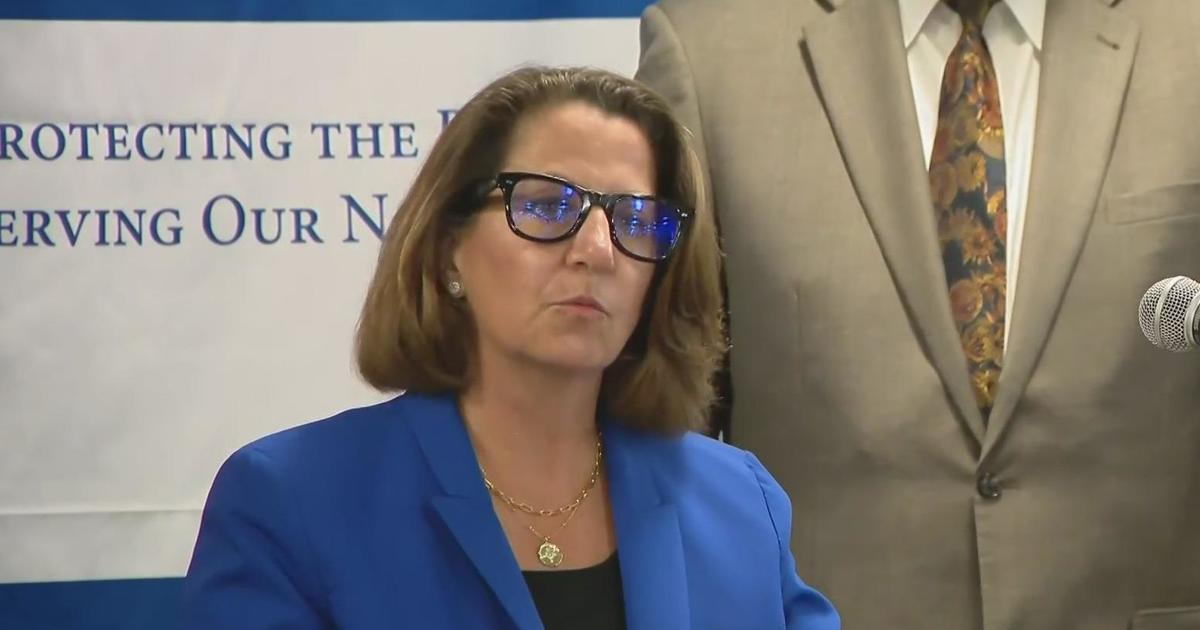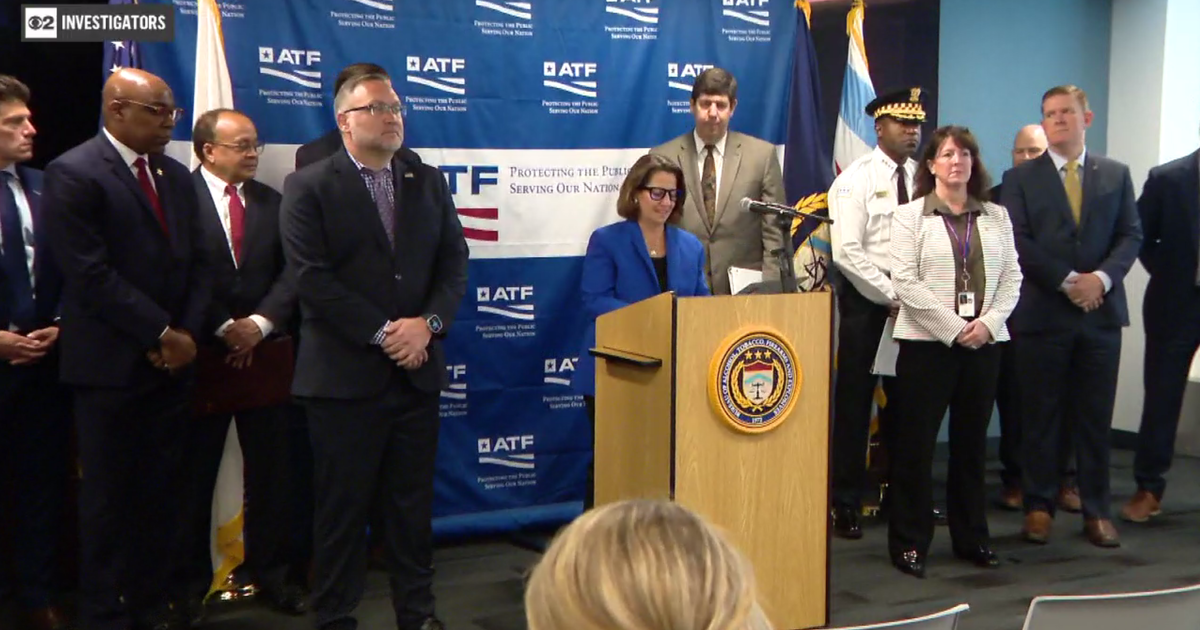Mental Health Providers Turn To Telemedicine During COVID-19 Crisis, But Will Insurance Cover It?
CHICAGO (CBS) -- Doctor's visits are still allowed while Illinois is under a shelter in place order. Continued treatment is especially important for people needing help with addiction or psychological issues, but what if offices are closed?
CBS 2 Morning Insider Lauren Victory looks at the impact of COVID-19 on mental health services.
Does the coronavirus have you stressed? The U.S. Centers for Disease Control and Prevention suggest exercising, and the World Health Organization recommends taking a breather.
"This has really increased a lot of people's symptoms," said Dr. Jodie Goldberg Singer, a clinical psychologist with the Chicago Center for Growth and Change.
Goldberg Singer is treating patients inside her home. It's week two of virtual visits, using a laptop and the internet.
"In terms of technology, there's definitely been glitches. Microphones not working, camera not working, or the app has a glitch," she said.
Dr. Caitlin Simpson, director of clinical operations for Footprints to Recovery, a drug and alcohol addiction treatment provider, is also navigating telemedicine for the first time.
"It is new for us, so some of those challenges we're still trying to mitigate," she said.
Normally the rooms at Footprints to Recovery would be filled with group therapy sessions, but now they're doing them online.
"It is different talking to people through a screen than it is in person," Simpson said.
Goldberg Singer agreed, saying because patients aren't physically there with them, doctors treating someone with telemedicine can't read their body language the same way.
Even so, both mental health experts agree allowing the virus to interrupt care isn't an option for many patients.
"They run the risk of needing a higher level of care, needing to go into programs or in-patient hospitalization," Goldberg Singer said.
"Still being able to have ongoing contact and provide that support to our patients, especially during scary anxiety ridden times like these, is really paramount to their recovery," Simpson said.
Before COVID-19 essentially emptied the physical world, a virtual visit for many would cost $100 to $200. Now telemedicine is supposed to be covered by insurance issuers, according to an executive order issued by Gov. JB Pritzker last week. But coverage isn't as clear-cut as expected.
"People are just waiting and waiting for an answer," Goldberg Singer said.
Goldberg Singer said some employer funded plans don't offer virtual visits as a benefit, leading to confusion.
"This has actually been a national problem," she said.
The hope is insurance companies and human resources departments take note and offer temporary relief until the pandemic peters out.
CBS 2 asked if the Illinois Department of Insurance is working to fix the coverage gap, but a spokesperson said employer-funded plans are not regulated by state law.
Meantime, the Morning Insiders compiled a list of the following helpful mental health resources:
- Informative guide on several COVID-19 related questions from National Alliance on Mental Illness (NAMI).
- Free meditations, bed time stories, stretches and calming music from Calm, an app for sleep, meditation, and relaxation.
- The Mighty, a digital health community with 2 million subscribers, is scheduling events every day to start conversations surrounding COVID-19 and different ways to manage COVID-19 related situations.
- Online meetings for addiction recovery.



